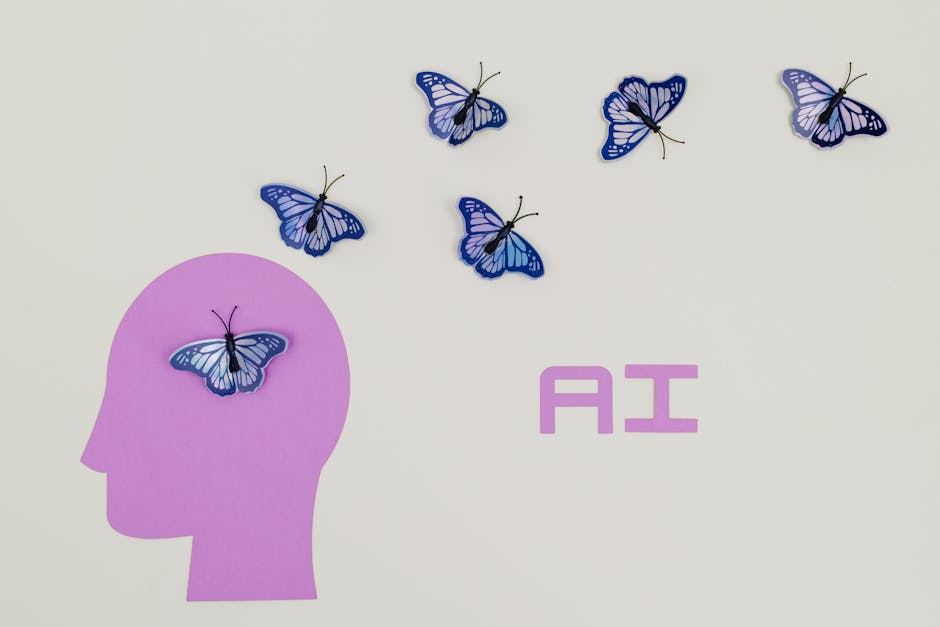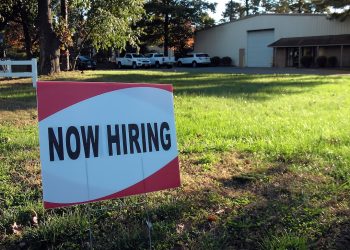No products in the cart.
AI Revolutionizing Tourism: A Glimpse into the Future of Travel
AI is revolutionizing the tourism industry, offering personalized experiences and reshaping the job landscape. Here's what you need to know.
Barcelona, Spain — The sun-drenched streets of this vibrant city echo with the laughter of tourists, but beneath the surface, a quiet revolution is taking place. Artificial intelligence is not just a buzzword; it’s a transformative force reshaping the very fabric of the tourism industry. From predictive planning to personalized experiences, AI is changing how we explore the world.
As travelers increasingly seek unique experiences, the demand for personalization in travel planning has surged. Enter AI, a powerful ally that can analyze vast data sets to understand individual preferences and deliver tailored itineraries. Imagine an app that knows your favorite activities, dietary restrictions, and even your preferred pace of travel. With AI, this is quickly becoming a reality.

AI’s role in tourism isn’t limited to trip planning. It extends into the hospitality sector as well. Hotels are now leveraging AI to enhance guest experiences, from virtual concierges to smart room technologies. Picture walking into a hotel room that adjusts lighting and temperature to your liking, all thanks to AI algorithms that learn from your past stays.
 Career Development
Career DevelopmentMindful Wealth Building for Young Professionals
Explore effective financial habits for young earners to build wealth mindfully, ensuring peace of mind while achieving financial goals.
However, while AI presents exciting opportunities, it also raises important questions about the future of jobs in the tourism sector.
However, while AI presents exciting opportunities, it also raises important questions about the future of jobs in the tourism sector. According to a recent report from the World Economic Forum, automation could displace up to 75 million jobs globally by 2025, particularly in roles that involve routine tasks like booking management and customer service[1]. Yet, the same report predicts that new technologies will create 133 million new roles, many of which will require advanced digital skills and emotional intelligence.
This dichotomy presents a unique challenge for the millions employed in tourism. It’s not just about losing jobs; it’s about adapting to a rapidly changing landscape. For those willing to upskill, opportunities abound. Digital literacy, data analytics, and customer relationship management will be crucial skills in this new era.
Moreover, the ability to leverage AI tools will become a competitive edge. Travel agents and hospitality workers who embrace these technologies can provide unparalleled service, fostering deeper connections with clients and guests. AI can help them predict travel trends, optimize pricing, and enhance customer satisfaction—elements that are vital in maintaining a competitive edge in the bustling tourism market.
 Employee Rights
Employee RightsExploring Workplace Spirituality Beyond Religion
Explore how organizations are integrating spirituality into the workplace to foster well-being and purpose without religious ties.
Read More →As we look ahead, it’s clear that AI will continue to shape the tourism landscape. Companies that invest in AI and training for their workforce will not only survive but thrive. The future of travel is not just about where we go but how we experience it. A world where AI assists in creating unforgettable journeys is on the horizon, and those who adapt will be the pioneers of this new travel era.
Ultimately, the integration of AI into tourism is not merely a technological shift; it is a cultural transformation. Travelers today crave authenticity, and AI can help deliver it in ways previously unimagined. The challenge lies in balancing innovation with the human touch that makes travel meaningful. As we navigate this new terrain, the key to success will be a commitment to lifelong learning and an openness to change. The journey is just beginning.










